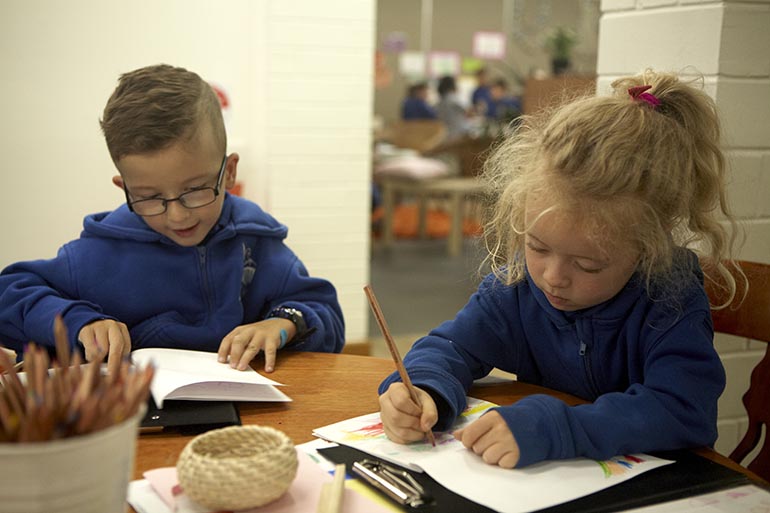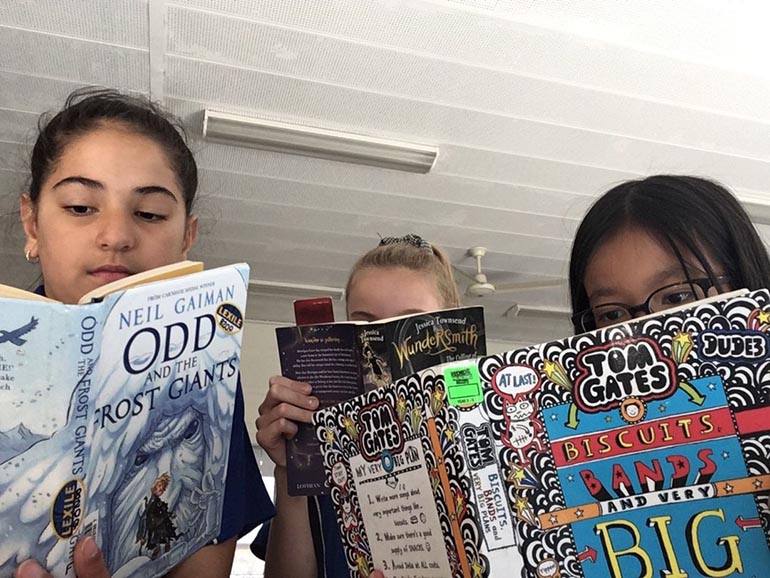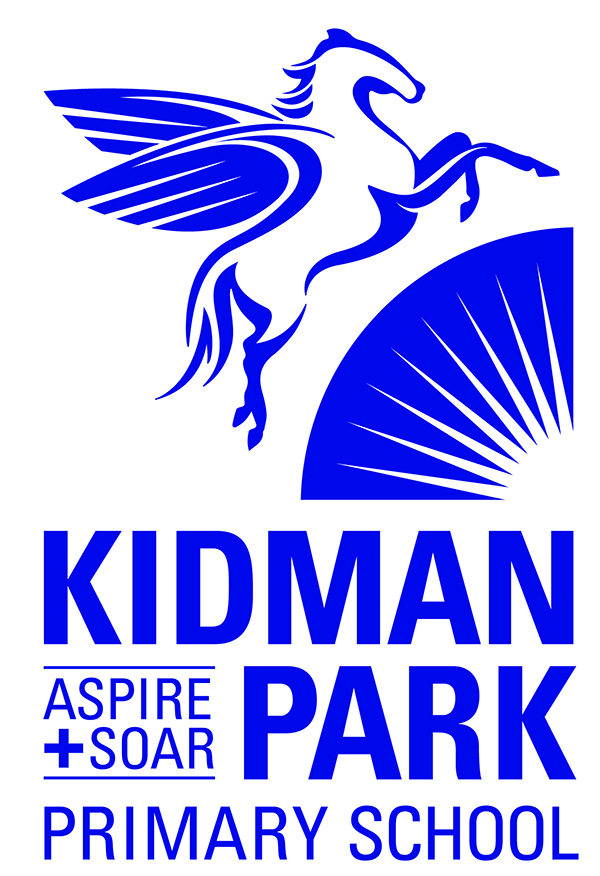Writing
Our Foundation to Year 2 classes take part in bookmaking on a regular basis. We encourage all of our learners to see themselves as a writer. Mentor texts are used to show different approaches and styles of writing, which can then be used as a springboard for bookmaking. Allowing the student to choose the type/genre of writing gives them greater agency over their work. For young students, not being able to write yet is no barrier to the bookmaking process. Students can tell their stories using pictures and oral language, gradually building over time to incorporate writing.
Our Year 2 to Year 6 classes are exploring writing styles through Seven Steps to Writing Success. Students are explicitly taught a range of techniques and develop a writing toolkit to use when writing for different purposes. Seven Steps focusses on the craft of writing such as how to write Sizzling Starts, Tightening Tension and Endings with Impact.
Our teachers regularly moderate samples of students’ writing using the Brightpath Moderation Tool, ensuring consistency across the school. This tool allows us to track writing progress throughout each child’s time at KPPS. It also provides feedback around what the child is doing well in their writing, and what their next learning intentions might be.
Reading/Structured Synthetic Phonics
Reading takes many different forms here at Kidman Park Primary School. Partner and shared reading occurs daily in classes. Students in junior primary classes focus on developing the ‘Big 6’ of Reading. A structured synthetic phonics approach and the use of decodable take home books allows students to build the necessary skills to read independently and with confidence. Each Junior Primary class use the Heggerty Phonemic Awareness resources daily to ensure students are developing their phonemic awareness skills in a structured way through explicit teaching. Big books and mentor texts are a key aspect of our reading program. Technology is also used to enhance reading skills, through use of the online reading programs. Older students have their reading and comprehension skills tracked through the use of Lexiles.
Literacy and Numeracy Support
Literacy and Numeracy Support occurs in many different ways at our school. Support may come from the class teacher and through small clinic groups run either by an educator or by other students. Our SSOs provide support for students with literacy and numeracy both in classes and sometimes in small groups or even one to one. Depending on student needs, students in Foundation can access our Speech and Language program. Students in Year 1 and 2 have access to the MiniLit Program and Years 3 to 6 can access the MacqLit Program for students with additional literacy needs. Numicon intervention is used to support numeracy skill development. We have literacy and numeracy support groups that meet weekly with targeted groups of children to provide extra scaffolding and support for writing and for numeracy development.





Copyright
Disclaimer Statement
Privacy Information
Copyright
